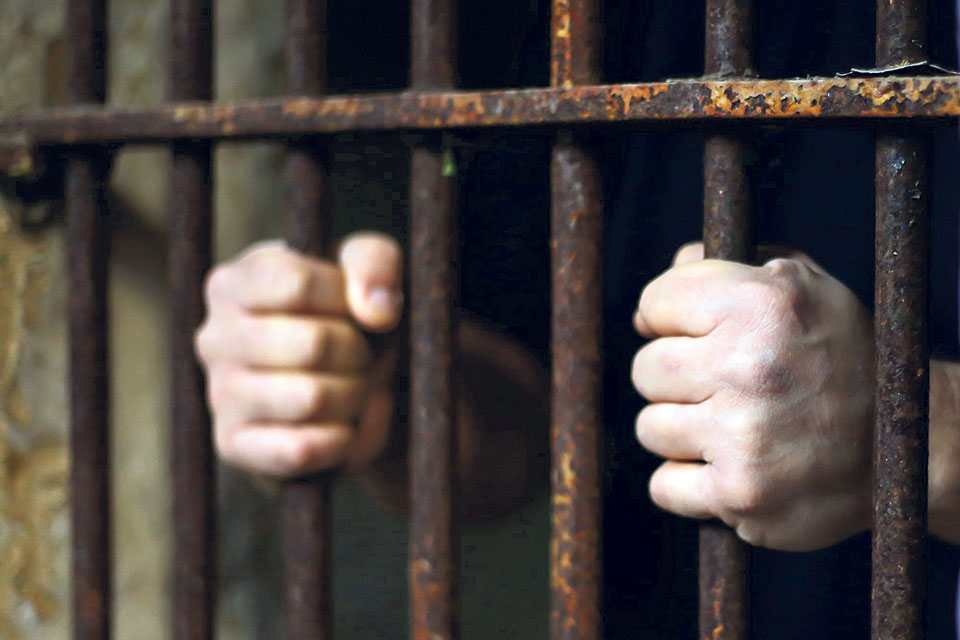
Human beings are the only species to have the power of technology. However, we depend on another human’s effort for our survival. As a result, we choose to incline toward different rights to protect ourselves. Also, the state assures various rights to its citizens. Although we enjoy these rights, sometimes the offenders try to violate them resulting in imprisonment or financial penalties. We all take the victim’s rights as a crucial part of justice, but we cannot unsee the importance of rights of prisoners while they are imprisoned. It is evident that criminals are seen as sinners and people prefer the worst for them. However, the main aim of any prison is directing offenders to the self-realization of their crime and guiding them to correctional paths to stop any reoccurrence crimes. As all human beings are entitled to their rights, prisoners are no exception.
The United Nations Standard Minimum Rules for the Treatment of Prisoners, which is popularly known as Nelson Mandela rules, has laid down various principles regarding the rights of prisoners. Accordingly, Nepal, on its path to prisoner’s right, has also promulgated the Prisons Act, 2019, following the Nelson Mandela rules. It has set down provisions on providing basic human rights to all prisoners such as shelter, quality food, sanitation, employment, remuneration, health and treatment services, caring for pregnant prisoners and no excess imprisonment to all the prisoners. It also has the provision of sending prisoners for community services and the open prison system. The provisions have put more emphasis on imprisonment than the effort to rehabilitate the prisoners.
Prison of Nepal houses criminals and their children, political inmates, women who have undertaken abortions, victimless criminals and inmates who have not received any sentences. The number of prisoners is increasing rapidly because of the inefficient criminal justice system in Nepal. It is found that people are kept in jails regardless of their degree of offenses. The alternatives to jails like parole, open jail system, probation, cognitive behavioral therapy can reduce overcrowding in jails.
The 2016/17 annual report of the National Human Rights Commission shows that the prisons are overcrowded. Nearly 19000 people are living in 74 prisons which have a capacity of around 11000 prisoners. The Central Jail and Dillibazaar prison have been housing approximately 2,600 and 580 inmates. The prisons are in need to be rebuilt and renovated.
The condition of prisons in Nepal is devastating. On May 5, 2018, one of the inmates of Nakkhu jail was poisoned to death by the jailbird inside the prison. The investigation revealed that the poison was prepared by the jailbird himself. This is a slap to prison management for their negligence on the issue of safeguarding the prisoners from distress.
Certainly, the prisoners should feel guilty of their criminal activity but one should not be treated differently. Where everyone is entitled to have their rights, prisoners should not be excluded. The state should provide them with basic human rights. The government has seemed to neglect the fact that, the more the number of prisoners the more economic cost the government bears because prisoners are dependent on the state resources. There is a need to reform the prison system of Nepal for better rehabilitation than longer imprisonment. Imprisonment will not drag the prisoners into self-realization but a better rehabilitation program can improve their criminal mentality because at the end when the prisoner completes their sentence, it does not matter how much of time they have spent in the prison but what matters is how they take the society for their better future.


Leave A Comment